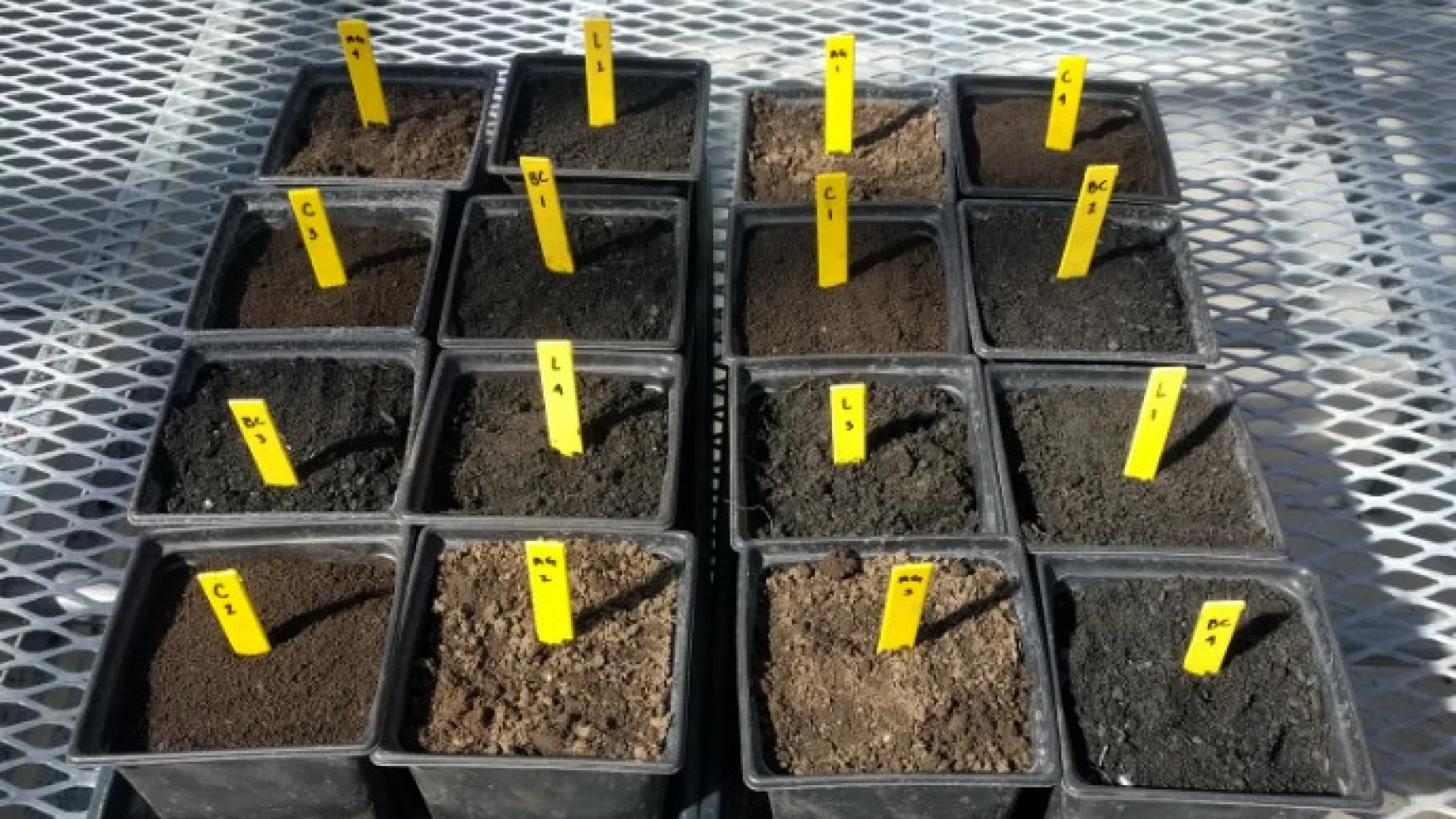
by Niara Savage | NPR Midwest Newsroom and The Missouri Independent
Lead left behind in soil from mining and smelting poses a major health risk to people who live nearby. Researchers in Nebraska and Kansas believe plant life and organic material can limit lead’s spread.
In parts of the Midwest where lead mining and smelting lasted for over a century, communities are still dealing with toxic waste left behind by the industry.
Lead, a dangerous neurotoxin, persists in the environment, including in water and soil, where it can pose a threat to the health of people living nearby. The risk is especially acute for children, who can unintentionally ingest lead by putting their hands in their mouths and whose brains and bodies are still developing.
It can be spread to other areas, like yards and schools, by rainfall, and can also taint aquifers or vegetables in gardens, making them harmful to consume.
Now researchers are working to limit the impact of lead in the environment on people, and they believe they’ve found a promising solution: Plant life.
Phytostabilization involves moving lead from soil into the roots, stems and leaves of plants to prevent it from spreading and to limit people’s contact with it.
Another plant-based solution for lead exposure being studied by researchers is biochar, a carbonized substance produced from plant materials with absorption abilities that could have applications for urban farming by reducing the amount of lead taken up by the lettuce planted in it, according to a 2020 experiment led by a student at the University of Nebraska-Lincoln.
The results of the small study showed that adding biochar to soil reduced the amount of lead taken up by the lettuce planted in it.
Biochar-treated garden soil produced lettuce with just 0.41 µg of lead per serving. Untreated soil produced lettuce with a lead level of 1.22 µg of lead per 85 grams.
Ryley Thomas, the student who led the experiment under the supervision of Michael Kaiser and Jennifer Cooper, professors with the university’s Department of Agronomy and Horticulture, said she designed it to help people who live in food deserts.
Read the full story from NPR ›› https://go.unl.edu/c63n.
More details at: https://go.unl.edu/c63n